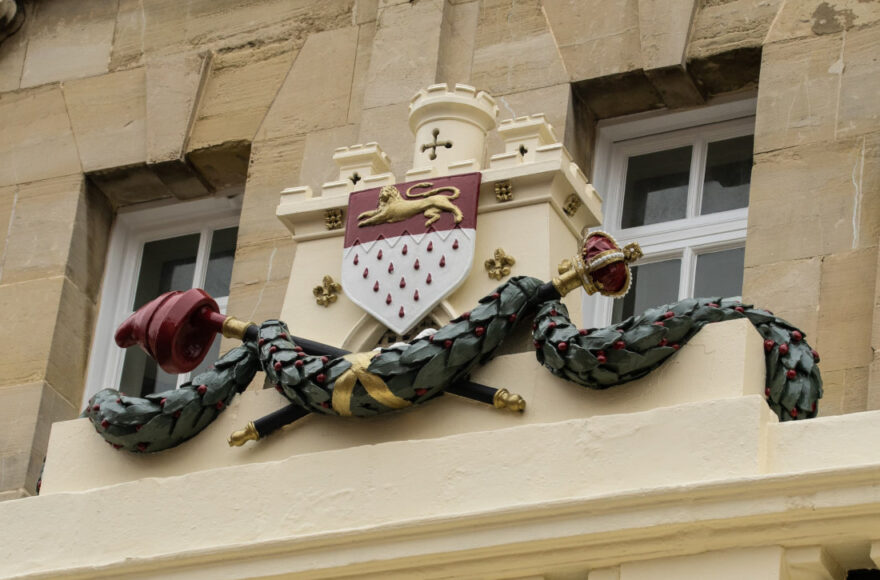During the course of your transaction, in some cases, we will send you a Completion Statement as well as an Invoice. For those of you who are not new to the firm, upon perusal, you will note that the format of our completion statements and invoices has changed, and now show VAT as chargeable on certain disbursements which were not previously subject to VAT. Recent guidance provided by the Law Society will affect the way all law firms charge VAT on their disbursements and so it is not an issue unique to us in any way – it is purely a result of recent developments; as well as Law Society and HMRC guidance issued in certain cases that have appeared at the First Tier Tax Tribunal and Court of Appeal.
What counts as disbursement?
Broadly speaking any payment made to a third party in connection with the matter we are dealing with for you is classed as a disbursement. The Solicitors Act 1974 refers to them as “costs payable in the discharge of a liability properly incurred by him on behalf of the party to be charged with the bill”.
HMRC require a specific set of criteria to be satisfied for a payment to be treated as a non-VATable disbursement.
What is the new position?
The rules on what is a “disbursement” have not changed but the interpretation of the rules has been narrowed following the recent cases. Recently, all law firms were issued with new guidance from the Law Society that seeks to provide some real clarity.
We have now been advised to take a very narrow view of what is classed as a “disbursement”. Anything that can be deemed as being part of the services provided to you is now classed as a VATable disbursement. This contrasts with a straightforward repayment of a third-party service supplied to the client.
Some key examples of changes which you may have noticed in our invoicing are as follows:-
- Land Registry official copy documents: The Land Registry does not charge VAT on its fees for providing copy title documentation. However, we will now be charging VAT when we pass on those fees as we review the documents to advise and report to you.
- Land Registry priority searches and land charges search: these searches are undertaken at the Land Registry on most transactions that will require a Land Registry application. The Land Registry does not charge VAT on its fees for providing these searches, but we will now be charging VAT when we pass on those;
- Other Property searches including Land Charges (LLC1): where official search results are provided by the Local Authority, the said Local Authority does not charge VAT on the Local Land Charge element of the search fee. We are now required to charge VAT when we pass on the costs of those elements where VAT is not chargeable.
How does this affect you?
If you are VAT registered and the services we provide to you are during the course of your business dealings, then, subject to your Accountant’s advice, you should be entitled to claim the VAT back through your VAT returns. Our invoices will detail those disbursements on which you have paid VAT and so it is simply a case of some paperwork and a cash-flow consideration.
If you are an individual not obtaining services in the course of business or are not VAT registered, unfortunately, the VAT will be an additional cost to you.
Rest assured, if the third-party provider already charges VAT on its fees already, then you will not see any change in the total costs of those disbursements. For example, most property searches are already subject to VAT by the search provider and in those cases, the total cost will remain the same, but our presentation of the information on your completion statement and invoice will be different.
George Ide LLP. We’re on your side
Contact Our Friendly Legal Experts Today
For general enquiries or to discuss more specific needs in personal or commercial law please get in touch with a friendly member of our team today.
Latest News

All You Need to Know About Contentious Probate

Myth busting Mediation - What is it, and how can it help?

Your Quick Guide to End of Year Tax Planning

Court Claims & the Limitation Period

How the Court of Protection Works and the Role of a Deputy








